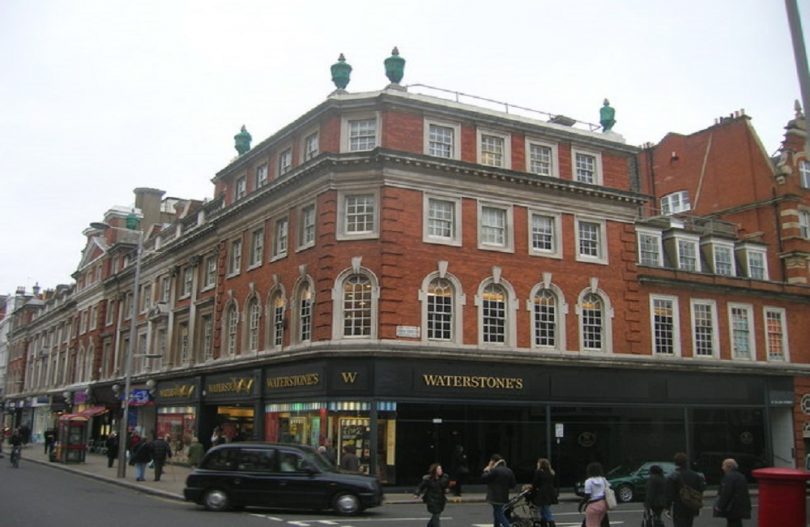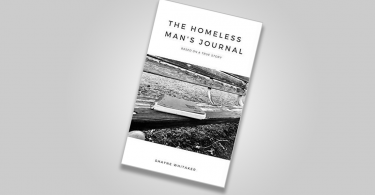In the year 1995, at BookExpo America, a convention for the publishing industry in the US city of Chicago, a slogan of a particular booth caught the eye of Roger Doeren, a bookseller from Kansas City. It was a prevalent part of the business which occupied it.
The slogan was simple: “Earth’s Biggest Bookstore.”
Doeren approached the man at that booth and inquired: “Where is Earth’s biggest bookstore?”
“Cyberspace,” the man replied, noting they had the same suppliers and databases.
“What makes you Earth’s biggest?” Doeren asked.
“We have the most affiliate links,” the man said, referring to a type of online advertising.
A culture disrupted
The conversation, transcribed in a 2014 issue of The New Yorker magazine, was between Doeren and Jeff Bezos, and the firm in question was Amazon, barely a year old at the time.
In 1994, Bezos quit his finance job at a New York and relocated to Seattle, on the country’s West Coast. Amazon was formed within the course of that year, beginning as a bookstore.
Since that time, Amazon has disrupted the business and culture of literature around the world, particularly with the invention of the Kindle, the world’s first foremost e-reader, putting the luxury of books in print against the immediate accessibility of books in digital form.
“A book costs the same as a sandwich. Amazon has fostered the idea that a book is of minimal value—it’s a widget.” http://t.co/PLHiVbJBMU
— Krista Thomas (@kristathomas) December 20, 2014
At the same time, it also raised concerns about the viability of the cultural cornerstone that was the local bookstore, be it independent ones or chain ones like Waterstones.
But what allowed these establishments to thrive amidst uncertainty is the same reason why they thrive still today – the sense of connection, the sense of pride, and the sense of belonging.
These places, as the Canadian author and broadcaster Stuart McLean put it in an episode of his radio programme The Vinyl Café, are safe places, happy places, places where you could duck in and be called by name.
Constant for the community
Amazon may have created the ability to provide more access to the books that people love, but as the technology grew and people were intrigued, bookstores still remained a constant. Not only are they wonderful places to visit, even for tourists, but the sense of community and belonging that are felt could not be duplicated in an e-reader.
They are more than safe places. They are landmarks.
Last November, Amazon again challenged the norms of the culture of literature, with the opening of a physical bookstore in Seattle. Earlier this year, it announced plans for two more, one near the University of California in San Diego, the other in Portland, Oregon. These stores are ubiquitous with shopping on Amazon, as prices and customer reviews are synchronised to the website at the time.
It is unclear if there will be more bookstores like them, or if indeed they will come to Britain, but Bezos has been able to disrupt the culture of literature as we know it, in spite of the decline of independent bookstores across the UK.
In fact, Bezos and Amazon indirectly have done us a favour. They have reminded us to support bookstores, to treasure them, and to make sure their chapter doesn’t come to a conclusion.
For if we do, we are keeping a quintessential piece of culture alive, one bookstore at a time – something not worth putting those bookmarks in just yet.
What do you think? How has Amazon influenced the culture of bookstores? Can they survive? Have your say in the comments section below.









